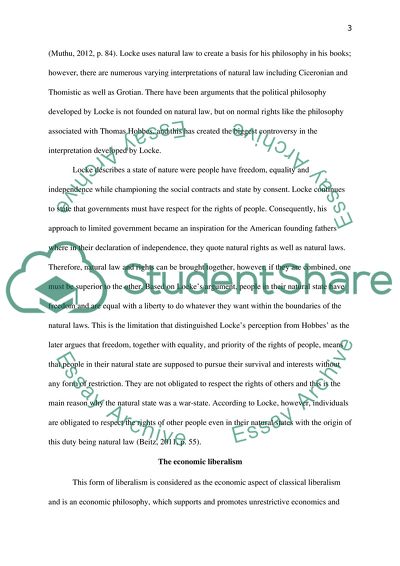Cite this document
(Core Elements of Liberal World-View Term Paper Example | Topics and Well Written Essays - 1250 words, n.d.)
Core Elements of Liberal World-View Term Paper Example | Topics and Well Written Essays - 1250 words. https://studentshare.org/politics/1856391-what-are-the-core-elements-of-a-liberal-world-view
Core Elements of Liberal World-View Term Paper Example | Topics and Well Written Essays - 1250 words. https://studentshare.org/politics/1856391-what-are-the-core-elements-of-a-liberal-world-view
(Core Elements of Liberal World-View Term Paper Example | Topics and Well Written Essays - 1250 Words)
Core Elements of Liberal World-View Term Paper Example | Topics and Well Written Essays - 1250 Words. https://studentshare.org/politics/1856391-what-are-the-core-elements-of-a-liberal-world-view.
Core Elements of Liberal World-View Term Paper Example | Topics and Well Written Essays - 1250 Words. https://studentshare.org/politics/1856391-what-are-the-core-elements-of-a-liberal-world-view.
“Core Elements of Liberal World-View Term Paper Example | Topics and Well Written Essays - 1250 Words”. https://studentshare.org/politics/1856391-what-are-the-core-elements-of-a-liberal-world-view.


